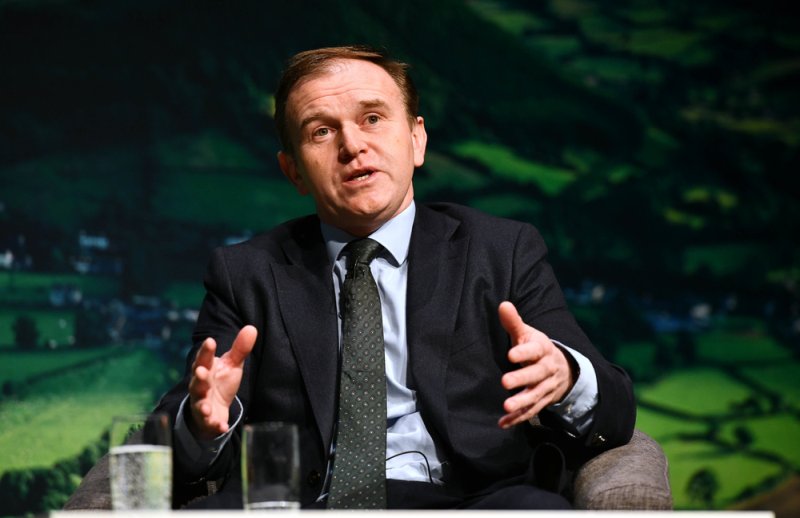BPS payments to be reduced from 2021 in 'progressive way'

BPS payments will be reduced in a 'progressive way' from 2021, according to George Eustice, amid calls for its transition period to be delayed.
There will be an agricultural transition period in England between 2021 and 2027 as the payments are gradually phased out.
It will start with a reduction of 5 percent, with the largest landowners taking the biggest hit initially, the Defra Secretary told delegates at the NFU Conference.
NFU President Minette Batters said, however, the farming industry is still in the dark over what the UK's future relationship with the EU will be.
“It’s far from certain that the vision of Brexit promised will be delivered," she said.
"Despite this uncertainty, government still plans to phase out direct payments for farmers starting in 2021. When the timelines for Brexit were mapped out in 2018 the timelines looked very different.
"Things have changed - and so Defra's plans for transition must change too."
Last week, UK farming unions and organisations agreed that ending the transition period away from BPS should be delayed.
But Mr Eustice told delegates at the NFU Conference session: “Let’s not cling to the railings of the sinking ship that is the CAP.”
Replacing the current system is the Environment Land Management (ELM) schemes, which will be available from 2024.
When pressed upon the new scheme by NFU Environment Forum member Richard Bramley, who asked about why farmers should engage with it, Mr Eustice said: “The current schemes are based on income foregone.
"We want to get away from that system, but to do that we need to ensure they are generous, which might mean paying more on certain interventions.”
Mr Eustice was also keen to overhaul the administrative burden on farmers: “We need to get away from filling in forms and maps," he said.
"We need trusted agronomists, who will walk the farm with the farmer and put together a scheme.
"We want it to be a much more sensible, human-based approach with the agronomist, who knows what they’re doing.
"If we do that, we will be able to get these schemes to work for farmers.”








